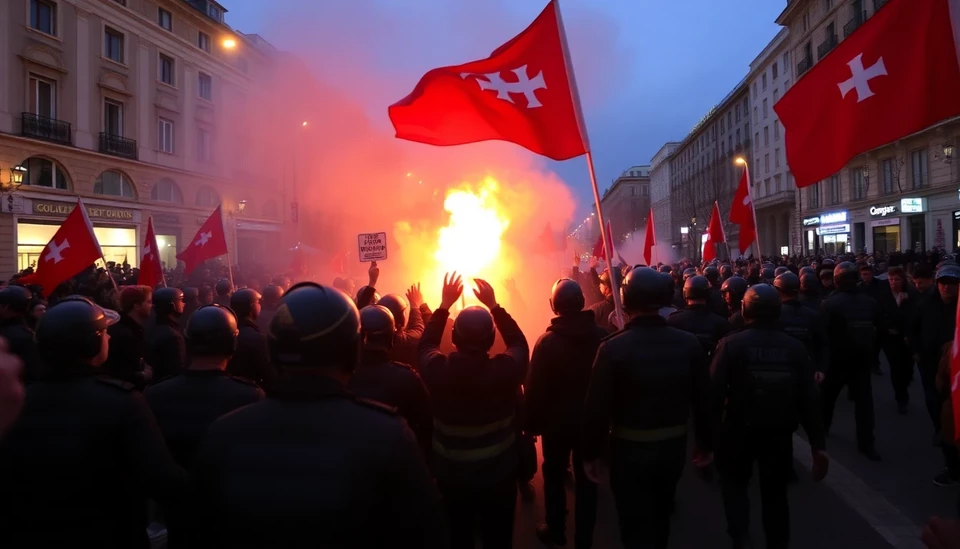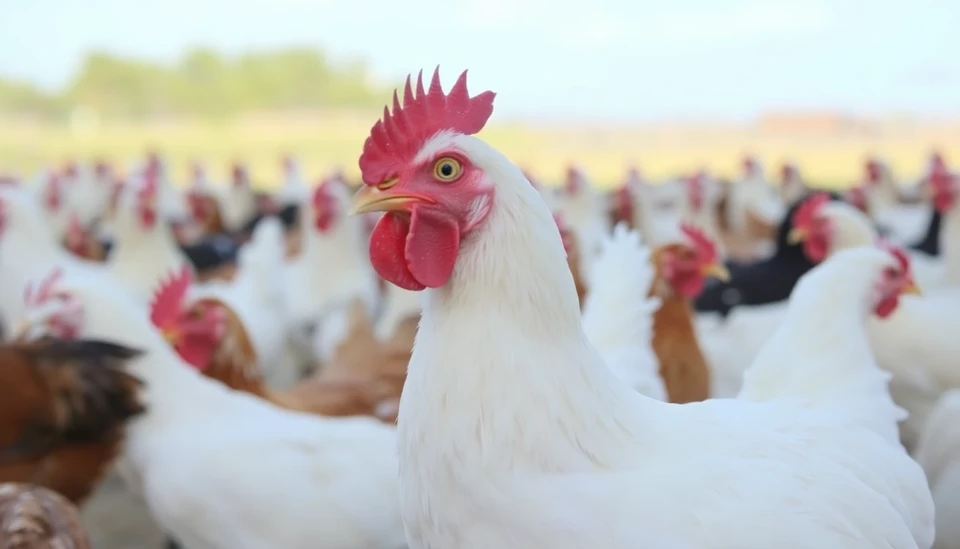
The Georgian currency, the lari, has plummeted to its lowest value in two years following severe clashes between law enforcement and protestors in Tbilisi. These disturbances indicate a significant escalation in ongoing social unrest within the country, reflecting broader dissatisfaction with the government and its policies.
This downturn occurred after a particularly tense day of protests, which saw demonstrators rally against the government’s perceived failures in addressing economic challenges, including high inflation rates and growing poverty levels. As protestors took to the streets, they were met with a heavy police presence, escalating tensions and leading to violent confrontations.
The protests were largely ignited by citizens’ frustration over rising living costs, which have severely impacted daily life in Georgia. Many participants voiced their discontent over government inaction regarding rising prices and declining public services. Demonstrators were seen burning tires and clashing with police, resulting in numerous injuries on both sides.
As the unrest continued, the situation prompted a swift reaction from financial markets. The lari's value plunged against major currencies, as investors reacted to the uncertainty and instability that the violent protests have generated. Analysts are concerned that unless the government can quell these protests and restore calm, the lari may face further depreciation in the coming weeks.
This significant economic shift has been closely monitored by international observers, who are highlighting the potential long-term implications for Georgia's economic stability and democratic processes. The clashes have not only raised questions about the government’s ability to manage social unrest but also cast doubt on the country’s future foreign investment prospects, an area crucial for its economic development.
In response to the protests, government officials are calling for dialogue and restraint. However, the demonstrators remain adamant, demanding more substantial action and accountability from their leaders. The situation remains fluid as both sides appear entrenched in their positions, raising concerns about the potential for further violence and economic fallout.
As the government scrambles to address the unrest, analysts recommend that serious measures must be taken to restore public confidence and stabilize the lari. Without effective strategies to combat the underlying economic issues, including inflation and job creation, the current cycle of protest and violence may continue to unsettle both the political landscape and the economy of Georgia.
The international community is watching closely, as the outcome of these protests may significantly influence Georgia's geopolitical relationships and economic partnerships in the region.
As unrest continues and economic conditions evolve, both citizens and officials must navigate this turbulent landscape in hopes of finding a path toward resolution and improved stability.
#Georgia #Lari #Protests #Tbilisi #EconomicCrisis #CivilUnrest #Inflation #GovernmentResponse
Author: Daniel Foster




